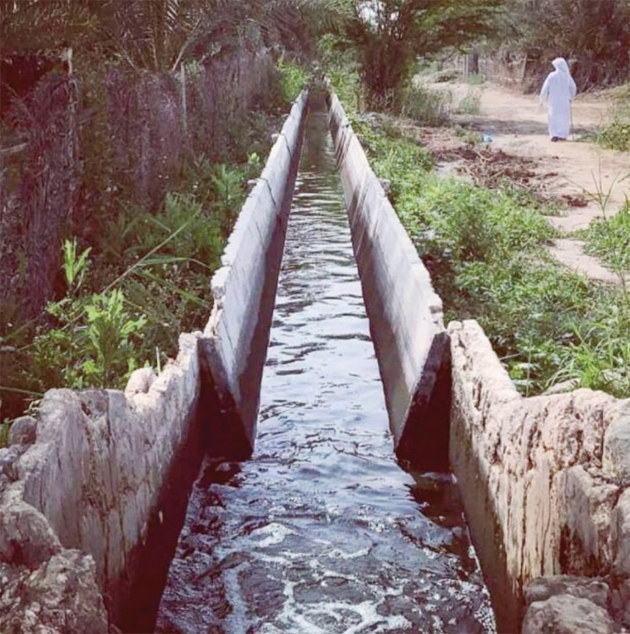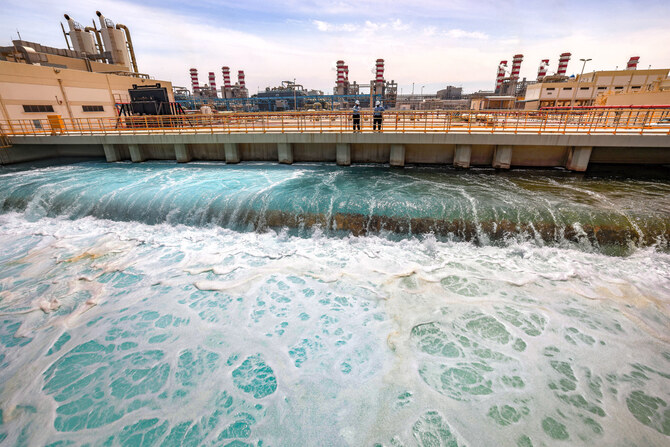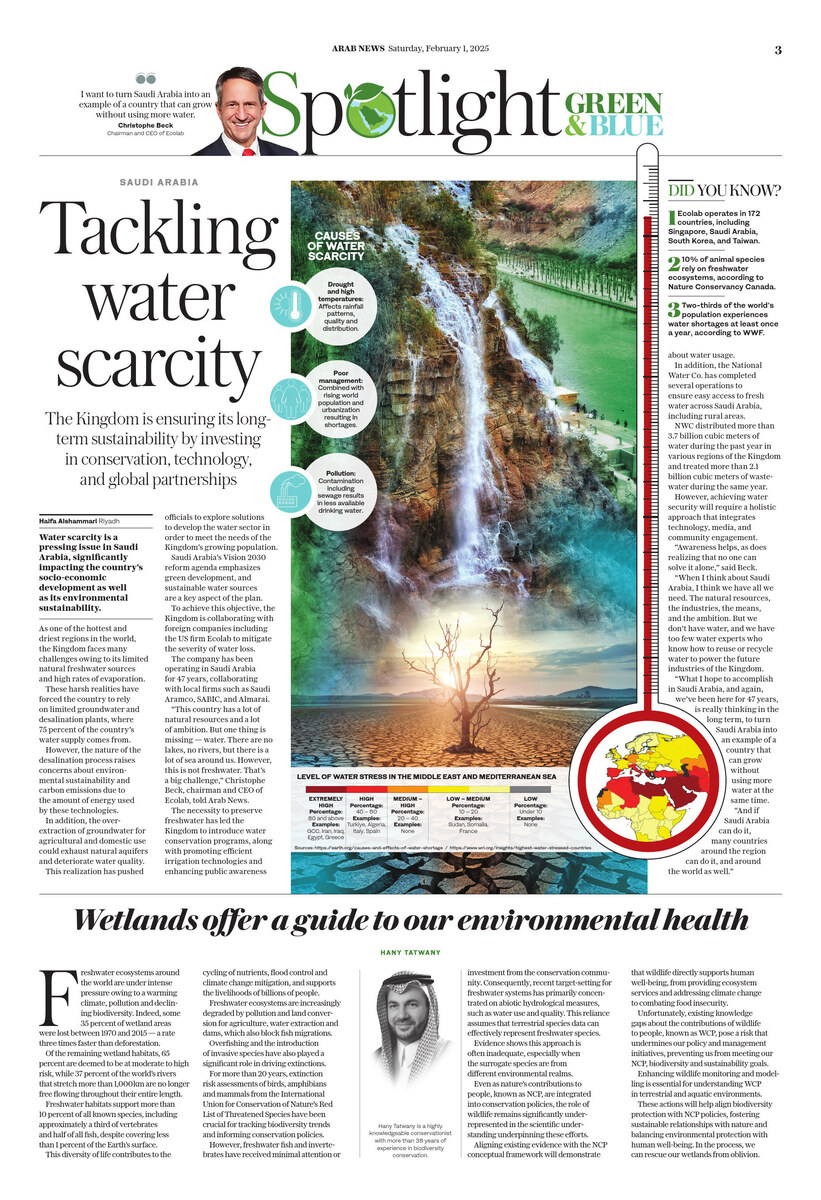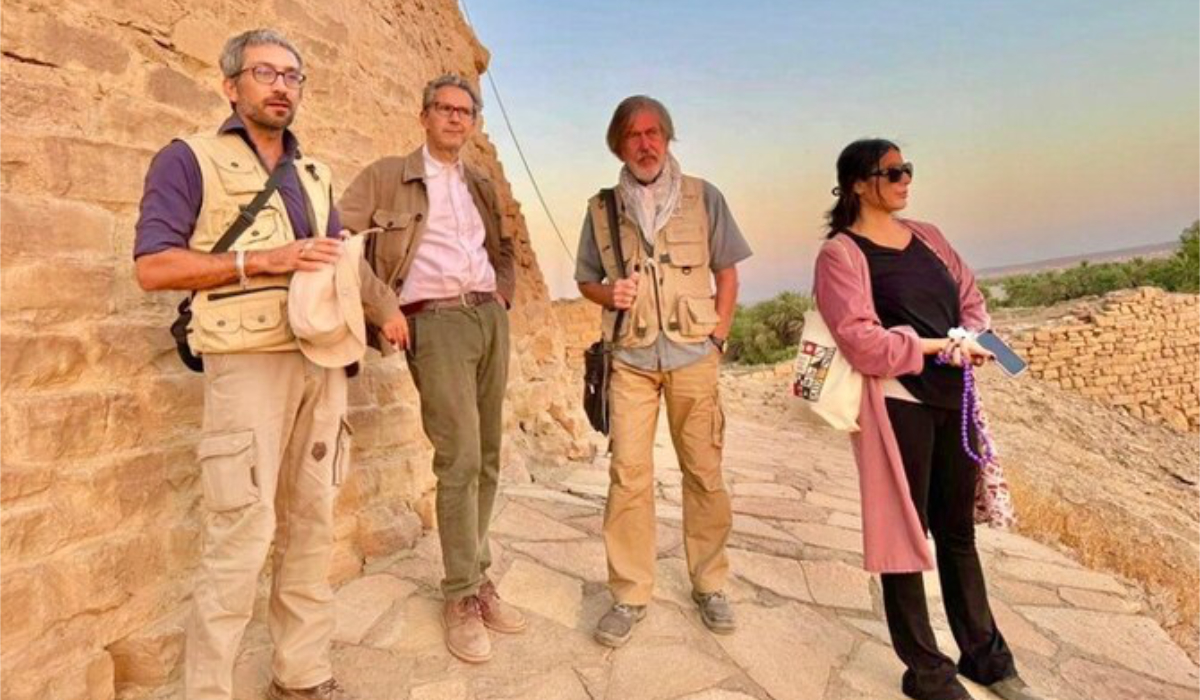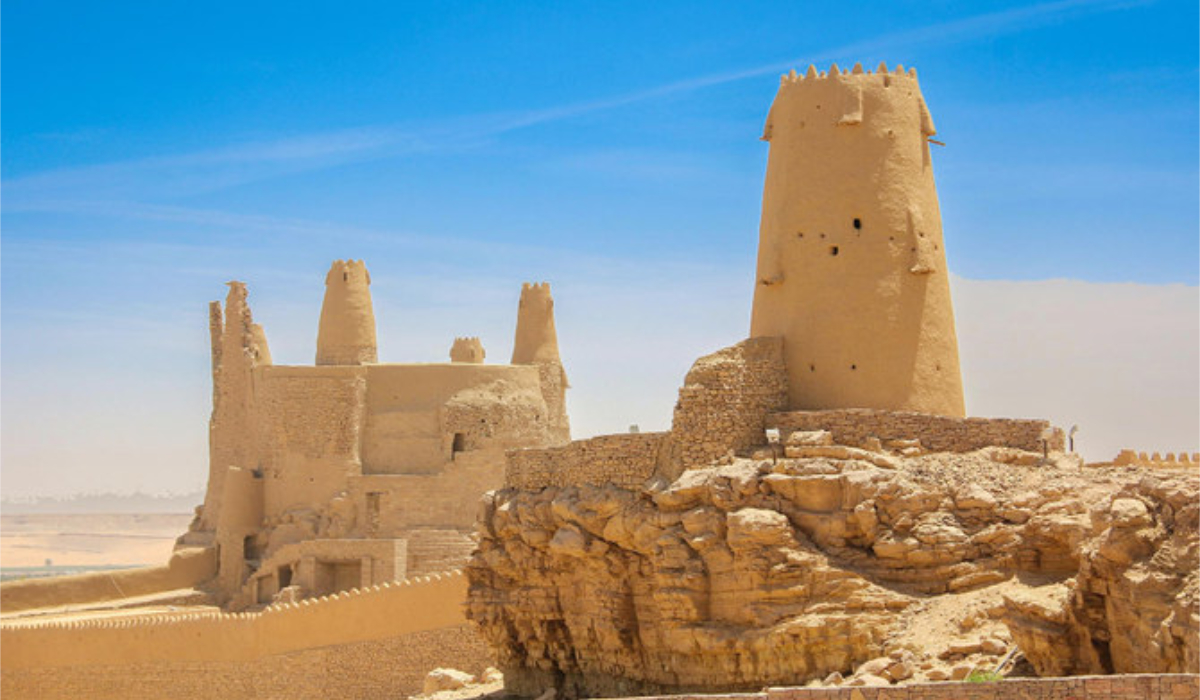RIYADH: A fantasy novel by a Saudi author has been chosen for adaption into a manga, Japan’s famous style of graphic novel.
Sultan Ayaz finished writing the story of “Crossing Thoughts” in 2014, and says the adaptation deal with Manga Arabia is the result of a decade-long dream.
Manga are comics or graphic novels originating from Japan, conforming to a style developed in the late 19th century, though the form has antecedents in earlier Japanese art.
Ayaz’s novel, written in English, tells the story of humans defending their lands against the oppression of demons. It is about the eternal conflict between humans and demons, and a man who stands in between.
In the book, humans fight off demons by using elemental magic and swordplay.
The narrative begins with Drake, a little boy, who, along with his family, lives in tranquility in a tiny town. But the town is destroyed by a demonic attack, which Drake miraculously survives.
Three characters emerge — Aria, Ray and Amber — and study the nature of elements at the Grand College of Elements in the Kingdom of Iora. They learn how to use the elements as weapons against their demonic foes.
“Crossing Thoughts” is full of drama, action and a hint of terror.
Ayaz told Arab News: “I was always into writing in English since high school, and I was influenced by video games and anime, which strongly developed my imagination. Along with daydreaming and creating scenarios in my head, I always wanted to have my own story. So, I started to write short stories from time to time to fulfill this desire.”
The Saudi author said he was “ecstatic” to sign a deal with Manga Arabia and adapt his novel.
“‘Crossing Thoughts’ is the result of hard work and sincere dedication, and I am very proud of it. Since I finished writing the novel back in 2014, I always wanted to have it adapted into a manga or an anime, because I believe it is suitable for such adaptation,” he said.
“When I signed the contract with Manga Arabia, I felt overwhelming happiness, because, for 10 years, this is exactly what I was aiming for. I am very proud of this achievement and honored to be chosen among other talented Saudi authors to be part of this project.”
In 2020, Ayaz became one of the first Saudi novelists to have a fiction work published internationally when a British publishing house, Olympia Publishers, acquired the rights to publish “Crossing Thoughts.” The book was first released locally in 2017 and sold in Virgin Megastores.
“During this journey, I faced many obstacles and hardships that almost forced me to drop my novel and just focus on balancing my life. My father passed away. I had to drop college for a couple of years, and worked in several minimum wage jobs just to contribute to covering the living expenses of my family. But, eventually, I was inspired by my mother’s strength and decided to push myself to the limits and overcome all that, and I succeeded,” Ayaz said.
The writer used two monthly salaries just to cover the printing and publishing expenses of his work.
And though he faced some criticism because the novel was authored in English, “Crossing Thoughts” sold well in Saudi Arabia, attracting the attention of Olympia Publishers.
“I am rather pleased with ‘Crossing Thoughts.’ It is the first English-language fantasy book by a Saudi author to be published, and it helped me overcome my anxiety of failing by landing me live TV appearances and magazine features. It is the sole outcome of real commitment and persistent work,” Ayaz said.
His advice for young writers is to never aim for fame, set your goals straight and persuade audiences with continuous effort. Always remember that “the journey’s experience is priceless,” he said.
Last month, Manga Arabia chose five Saudi authors to have their novels turned into comic stories.
“Drawing Nothingness” by Ashraf Al-Faqih was already featured in the Manga Arabia Youth magazine.
“The Voyagers” by Kendah Jambi, Ayaz’s “Crossing Thoughts,” “The Awsaj” by Al-Jawhara Al-Rimal and Ghada Al-Marzouqi’s “I Live My Memories Upside Down” will also be published in Manga Arabia magazine’s print and digital editions.
The project is part of joint efforts between the Saudi Literature, Publishing and Translation Commission and Manga Arabia to support businesses in the publishing sector.
The manga initiative has been hailed as a “cultural leap” in the presentation of Saudi literature worldwide, and an indicator of progress in the Kingdom’s burgeoning creative industries.
Saudi novelist Sultan Ayaz’s ‘Crossing Thoughts’ to be adapted into manga
https://arab.news/jp9vn
Saudi novelist Sultan Ayaz’s ‘Crossing Thoughts’ to be adapted into manga

- Ayaz’s novel, written in English, tells the story of humans defending their lands against the oppression of demons
- In the book, humans fight off demons by using elemental magic and swordplay









